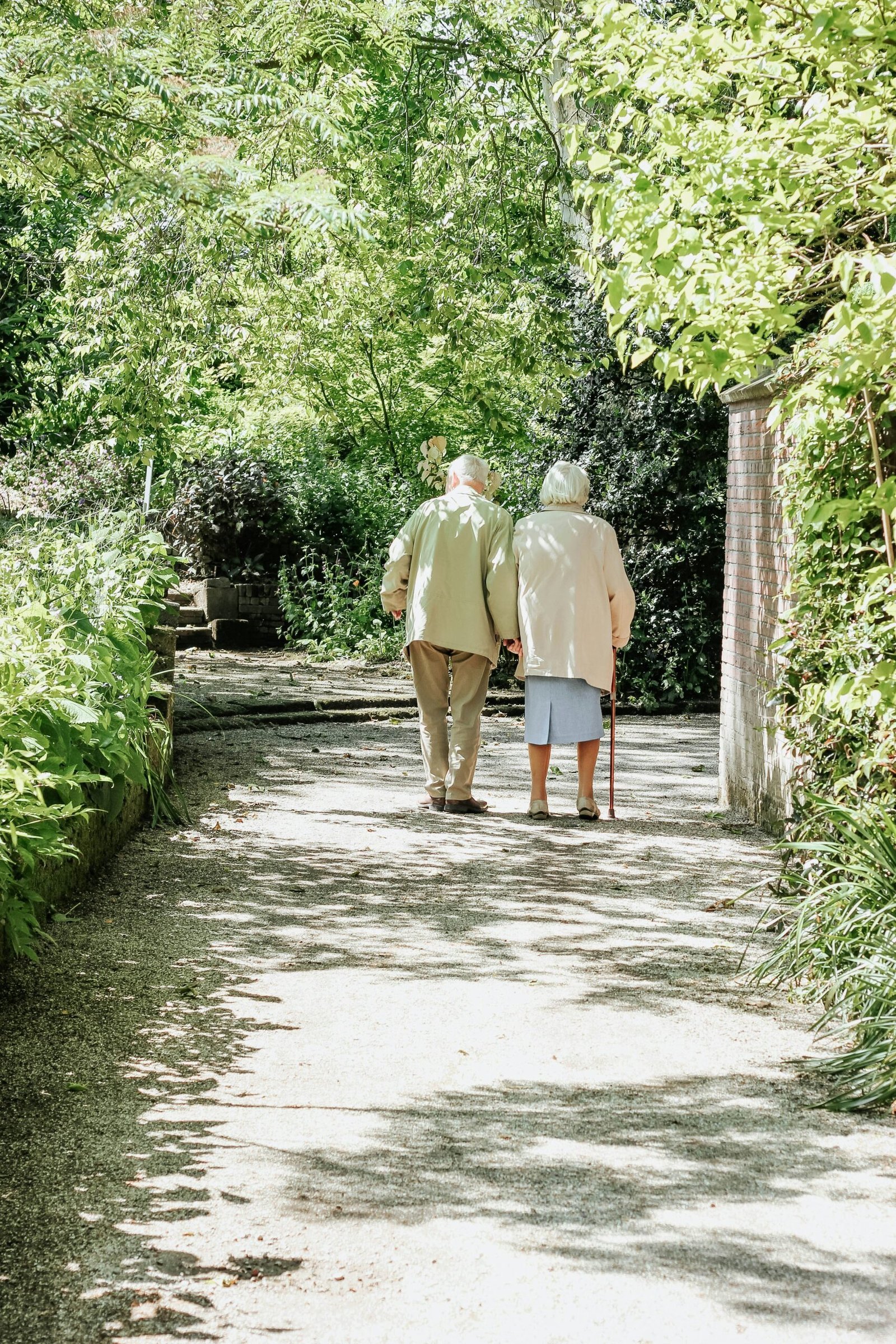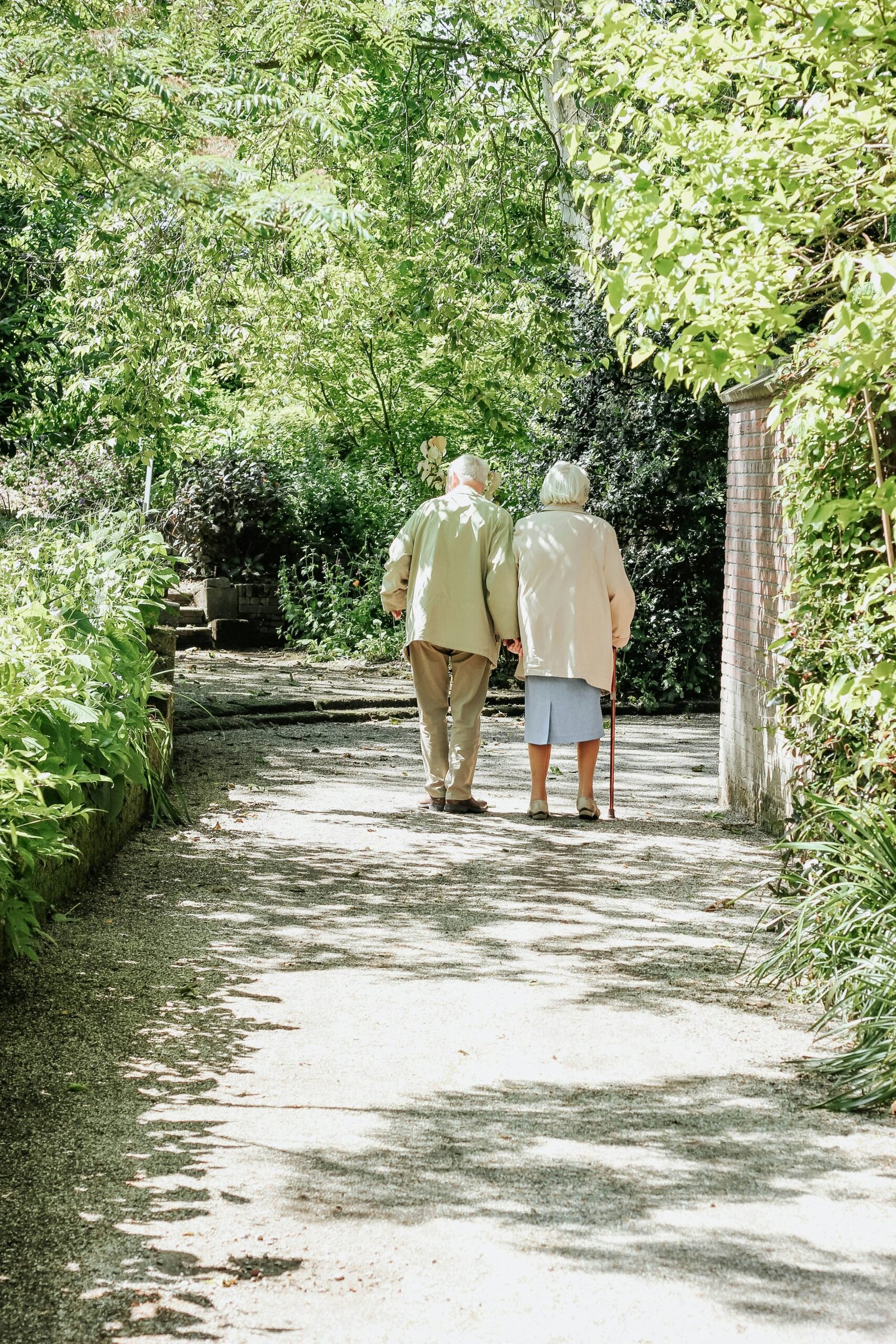
The Unique Mental Health Challenges Faced by the Elderly
Understanding the mental health needs of the elderly is crucial due to the unique challenges they face in this stage of life. Among these, higher rates of depression and anxiety are particularly prominent. Studies show that the elderly are more susceptible to these conditions due to various factors such as isolation, loss of loved ones, and a decline in physical health. Depression in older adults is often underdiagnosed, as its symptoms can be mistaken for normal aging processes or medical conditions. Anxiety, on the other hand, is frequently triggered by fears related to health, financial stability, or loss of independence.
Chronic illnesses considerably impact the mental well-being of older adults. Conditions such as heart disease, diabetes, and arthritis not only cause physical discomfort but also contribute to mental strain. The constant management of these illnesses can be overwhelming, leading to stress, frustration, and a diminished quality of life. Furthermore, a cycle often emerges wherein mental health issues exacerbate physical ailments, creating a complex interplay that can be challenging to address.
Cognitive decline is another critical aspect of mental health in the elderly. Age-related conditions like Alzheimer’s disease and other dementias bring about significant cognitive impairments. These conditions affect memory, decision-making abilities, and social interactions, leading to a sense of loss and helplessness. Such cognitive challenges can also contribute to emotional distress, increasing the need for comprehensive mental health support.
Bereavement and loss are, unfortunately, common experiences among the elderly. The passing of spouses, friends, and family members can lead to profound grief, loneliness, and a sense of purposelessness. The grieving process can be particularly strenuous when coupled with reduced mobility, which restricts their ability to engage in social activities that could otherwise provide emotional support.
Changes in social roles and expectations also play a significant role in the mental health of the elderly. Retirement, for instance, often brings about a loss of identity and decreased social engagement, while the shifting dynamics within families can result in feelings of marginalization. As social roles evolve, developing coping strategies and maintaining supportive social networks become essential for mental well-being.
The Importance of Social Connections and Community Support
Social connections and community support are critical to the well-being of elderly individuals. Maintaining strong relationships with family and friends significantly contributes to mental health, providing a sense of belonging, emotional support, and a buffer against the stresses associated with aging. Regular interactions with loved ones can enhance cognitive function, offer emotional comfort, and present opportunities for engaging in meaningful activities, which collectively uplift the spirits of seniors.
Conversely, social isolation and loneliness pose stark risks to the health of the elderly. Loneliness has been linked to increased rates of depression, anxiety, and even physical ailments such as cardiovascular diseases. Social isolation can lead to a decline in overall health and an increased risk of premature mortality. Addressing these issues is crucial for ensuring the overall well-being of our aging population.
Community resources such as senior centers, support groups, and social clubs play a vital role in mitigating social isolation. Senior centers often offer a variety of activities that encourage socialization, mental engagement, and physical activity. Support groups provide a platform for sharing experiences and coping strategies, which can be especially beneficial for those dealing with illness or loss. Social clubs, on the other hand, foster friendships and communal engagements, enriching the social lives of seniors.
Intergenerational relationships also carry significant benefits. Engaging with younger generations can offer elderly individuals a sense of purpose and vitality. These relationships provide opportunities for learning and teaching, bridging generational gaps, and fostering mutual respect and understanding. Volunteer opportunities, in particular, allow seniors to give back to the community, enhancing their sense of purpose and reducing feelings of isolation.
In conclusion, the importance of maintaining social connections and utilizing community support cannot be overstated when considering the mental health and social needs of elderly individuals. Fostering these connections not only enriches their lives but also serves as a fundamental component in achieving holistic health and well-being.
Strategies for Supporting the Mental Health of the Elderly
Supporting the mental health of older adults necessitates a comprehensive approach that incorporates physical activity, mental exercises, and hobbies. Regular physical activity is crucial as it not only strengthens the body but also enhances mood and overall well-being. Activities such as walking, light aerobic exercises, or even yoga can have significant positive impacts. These exercises help release endorphins, which are known to improve mental alertness and reduce feelings of depression and anxiety.
Mental exercises and hobbies that stimulate cognitive functions are equally important. Engaging in mentally challenging activities like puzzles, reading, or learning new skills can foster mental agility and delay the onset of cognitive decline. Hobbies such as gardening, painting, or playing musical instruments provide both relaxation and mental stimulation, contributing to a more fulfilling and active lifestyle for the elderly.
Professional help plays a pivotal role in managing mental health issues among older adults. Therapy can be an effective tool in addressing anxiety, depression, and other psychological concerns. Cognitive Behavioral Therapy (CBT) and other therapeutic practices offer constructive strategies for coping with mental health challenges. In some cases, medication may be prescribed by a healthcare professional to manage symptoms effectively. It is vital for treatment plans to be tailored to the individual needs of each elderly person, taking into consideration their overall health and medical history.
Family members and caregivers hold a significant responsibility in providing emotional support and recognizing any signs of mental health concerns. Regular communication and creating a supportive environment where elderly individuals feel valued and heard can mitigate feelings of isolation and loneliness. Being vigilant about changes in behavior, mood shifts, or a decline in daily functioning can help in early identification and intervention of mental health issues.
By integrating these strategies – combining physical and mental exercises, seeking professional help when necessary, and fostering a supportive community – we can comprehensively support the mental health and well-being of the elderly.
Creating an Inclusive and Age-Friendly Society
The creation of an inclusive and age-friendly society calls for extensive societal reforms aimed at supporting the mental and social well-being of the elderly. Paramount to this endeavor is the establishment of accessible healthcare and mental health services tailored to the unique needs of older adults. The enhancement of medical infrastructure to accommodate age-specific health issues is critical. This not only involves physical health provisions but also the availability of comprehensive mental health services. Programs designed to address depression, anxiety, and loneliness among the elderly can drastically improve their quality of life.
In addition to healthcare reforms, policies that foster age-friendly communities play a significant role. These policies should prioritize the design and development of public spaces that cater to the elderly. Safe, well-maintained parks, walking paths, and recreational areas can encourage physical activity and social interaction among older adults. Furthermore, the implementation of efficient and accessible public transportation systems is essential. Reliable transportation empowers seniors, granting them the autonomy to partake in social activities and maintain an active lifestyle.
Housing is another critical aspect of an age-friendly society. Affordable and adaptable housing solutions that consider the mobility and safety needs of older adults are indispensable. Concepts such as universal design, which promotes accessibility for all ages, can be integrated into new and existing housing developments. Such housing not only ensures safety but also allows seniors to live independently for longer periods.
Public awareness campaigns are instrumental in reducing stigma around aging and mental health issues. These campaigns should focus on educating the broader society about the contributions of the elderly and the importance of mental health. Breaking down stereotypes and fostering respect for aging can elevate the societal status of older adults, leading to a more supportive environment.
Ultimately, creating an inclusive society that caters to the elderly necessitates a multifaceted approach. By ensuring accessible healthcare, implementing age-friendly policies, developing public awareness campaigns, and advocating for suitable housing and transportation, we can significantly enhance the mental and social well-being of older adults, fostering a more inclusive community.



